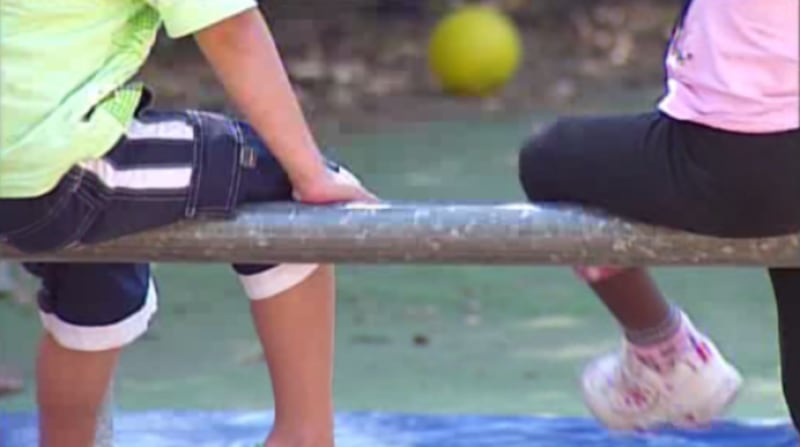Concern around the current levels of poverty among Māori and Pasifika children in New Zealand has prompted a number of organisations to promote a petition to government.
UNICEF NZ has partnered up with other non-governmental organisations and ActionStation to put together the petition urging the government to “treat children as well as we treat all elderly New Zealanders-with policy that is inclusive and non-discriminatory.”
According to a media statement, child advocate Anton Blank says, “The petition provides an opportunity for us to signal to government how concerned we are about current levels of child poverty.”
Blank says, “New Zealanders need to be concerned about the Māori and Pasifika profile because in ten years, 40% of New Zealand’s children will be Māori and Pasifika. The government currently spends between $3-4bn every year on strategies to deal with the poor social, health and educational outcome experienced by Māori and Pasifika. This figure will swell as the population on these children grows.”
The petition calls on the government to prioritise the needs of children impacted by poverty in the upcoming 2015 Budget.
It calls for 100,000 New Zealanders to add their name to the campaign for government to provide a budget that will end poverty for New Zealand children and boost the incomes of the poorest families in New Zealand by including children who currently miss out on adequate state support.
The Child Poverty Action Group (CPAG) has also publicly supported the petition and CPAG economics spokesperson Susan St John says, "New and significant spending is required to fix flawed policies that act to exclude the poorest children. The government needs to spend another $1 billion as the first step to addressing child poverty, with an immediate focus on the poorest children."
“As Māori we are served up very depressing profiles by government statisticians that typically show us lagging well behind other groups. Rather than being the passive recipients of this data, as Māori, we need to be in charge of the measurement itself” says Blank.

